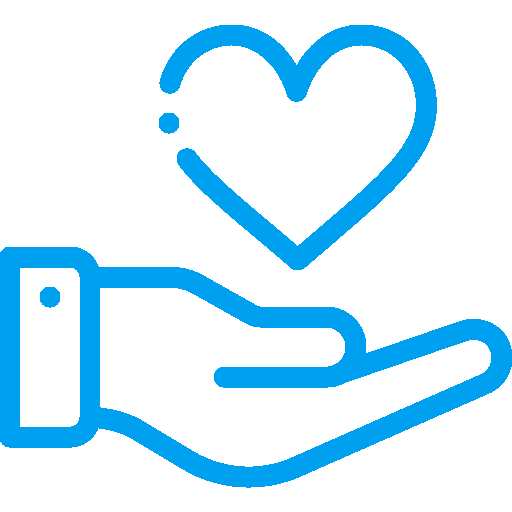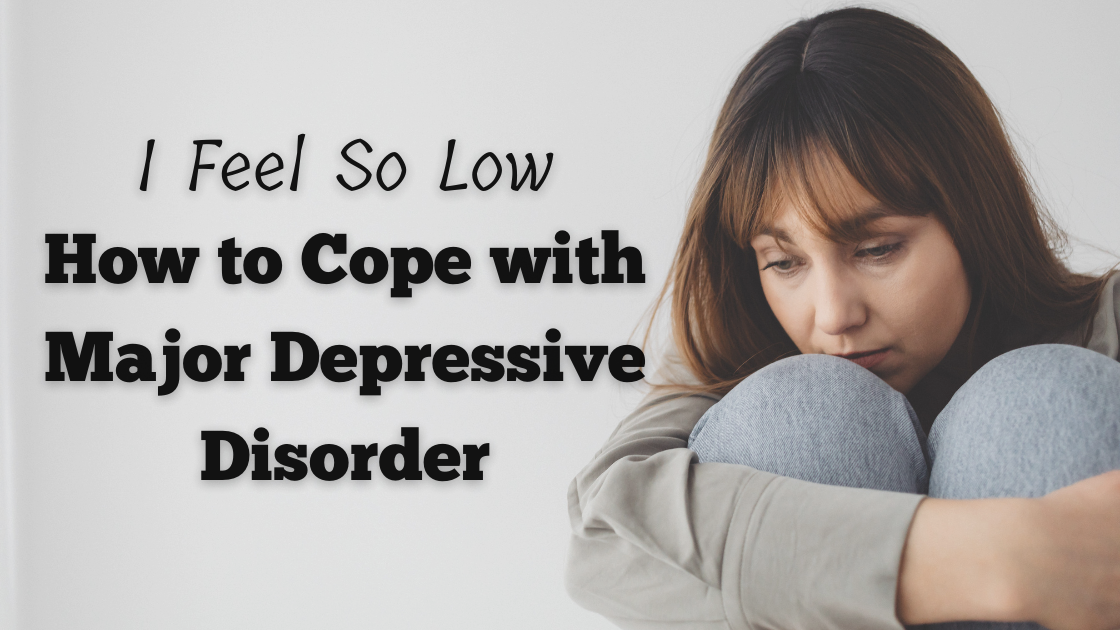In honor of Mental Health Awareness Month, here are coping skills to use when living with symptoms of major depressive disorder.
May is Mental Health Awareness Month, which is why we’re shining a light on one of the most prominent mental health disorders for individuals in the United States: major depressive disorder. The National Institute for Mental Health (NIMH) states that an estimated 2.1 million adults in the United States had at least one major depressive episode a year, resulting in 8.4% of all U.S. adults.
For many people living with depression, utilizing antidepressant medication can be a prominent part of treatment planning and the road to recovery. However, gaining relief from living with major depressive disorder can be found in day-to-day rituals taken to help ease symptoms.
So, what are the symptoms exactly?
What are the Signs and Symptoms of Major Depressive Disorder?
Major depression disorder (MDD) symptoms may vary based on the individual. However, to receive a diagnosis of MDD, some of these signs must be present for at least two weeks or more.
- Feeling sad and hopeless despite efforts to change
- Experiencing abnormal sleep patterns, including excessive lethargy
- Anxiety, irritability or restlessness
- Psychosomatic symptoms like aches and pains
- Loss of interest in activities once enjoyed
- Trouble with concentration or making decisions
Not all symptoms of MDD present this way and a patient should check with their doctor for an official diagnosis and treatment of major depressive disorder.
Coping Skills for Major Depressive Disorder
Life hacks or adjustments for coping with living with MDD involve a number of different research-backed methods. Research in neuroscience endorses the use of mindfulness based modalities like
- Yoga
- Meditation
- Nutrition support
- Spirituality or ‘Higher-Being’
as potential coping skills to use when struggling with symptoms.
1. Reducing Stress
Stress reduction has been shown to alleviate depressive symptoms through identifying awareness of a person’s internal state or overall well-being. Stress reduction can be achieved through allocating time to meditate, spending time in nature and finding a spiritual outlet to experience feelings of joy.
2. Work on Loving Yourself
When experiencing symptoms of MDD low self-esteem may be prominent, so finding ways to feel better about yourself is an important step of coping. Practice loving thoughts, mirror meditations and self-affirmations like “I am good as I am” or “I am worthy” to help calm thoughts associated with low mood.
3. Make Lifestyle Changes
Making lifestyle changes can help enhance mood and improve self-esteem associated with major depressive disorder, such as eating a healthy nutritious diet, exercising regularly and spending time with healthy support networks like friends and family who make you feel good about yourself.
4. Finding a Sense of Purpose
Getting involved in a community or finding a sense of purpose like a passion or vocation can also help with lessening symptoms of low self-esteem in major depressive disorder. If you’re experiencing depression, you may feel the need to withdraw from society or lose interest in the things you once loved. Social life and nurturing yourself is important in coping with the symptoms of depression. Getting back into the things you once loved like gardening, going to movies or joining a circle of friends might help lift your spirits.

Join a Clinical Trial with BTC of New Bedford
If you or someone you know is living with the symptoms of depression, please seek professional treatment. BTC of New Bedford is currently enrolling patients with major depressive disorder for a clinical trial in New Bedford, Massachusetts. Learn more today about this opportunity – you or a loved one may receive treatment at no cost to you and contribute to the advancement of medical research for current and future generations.

